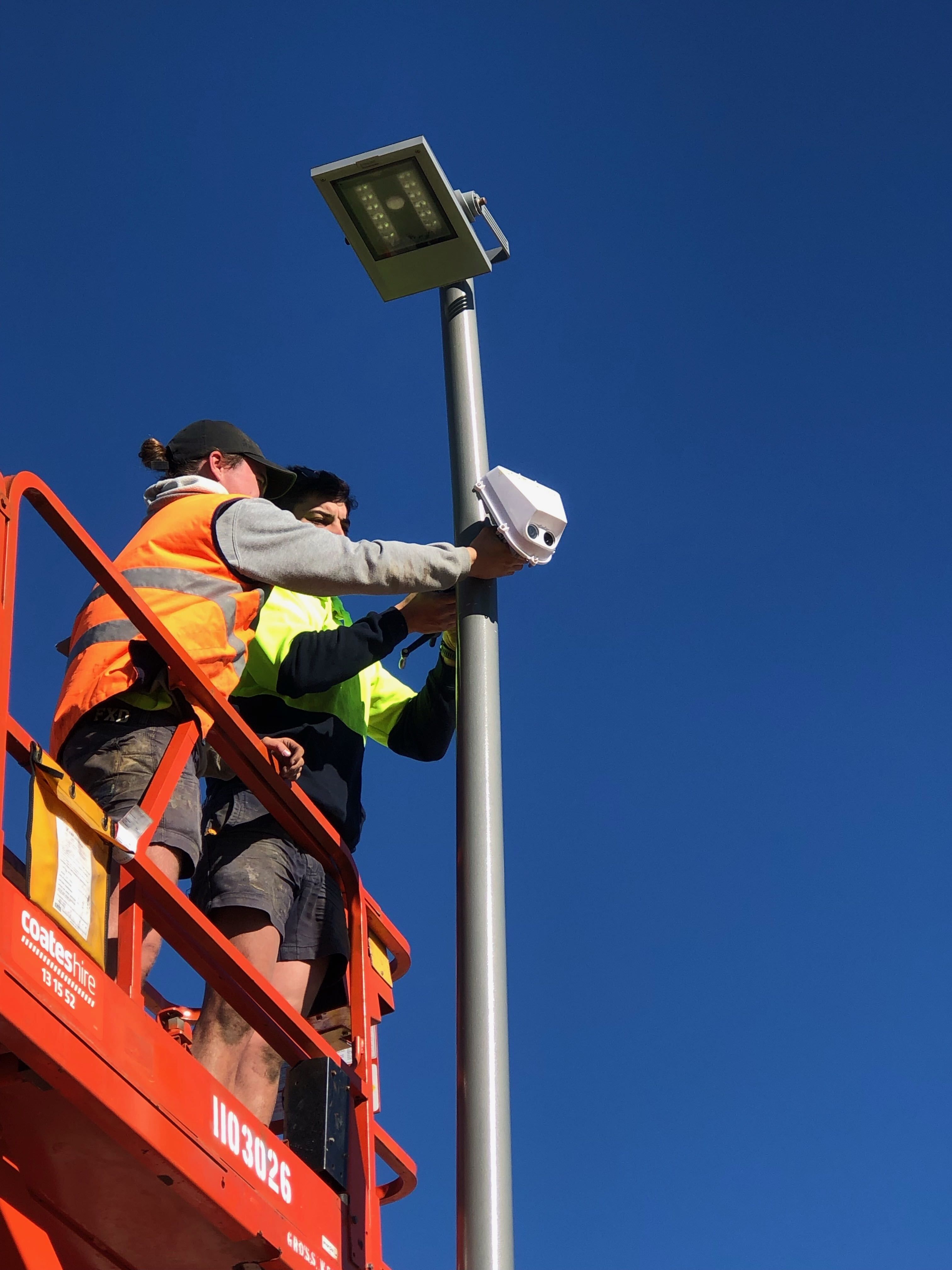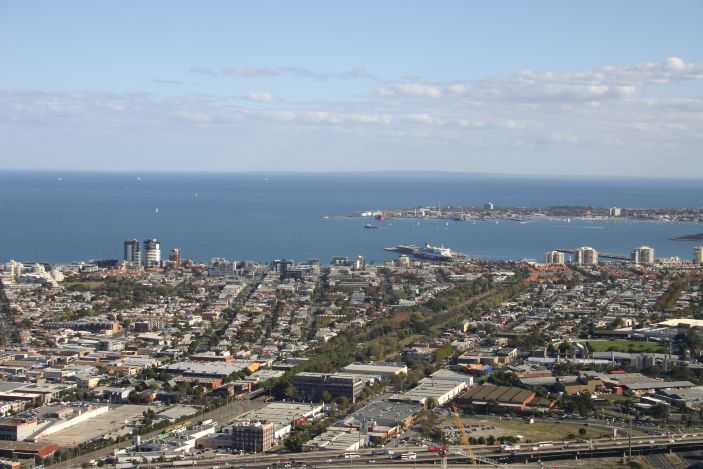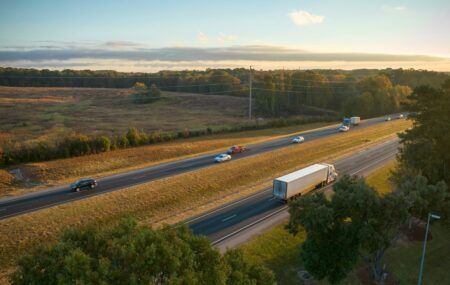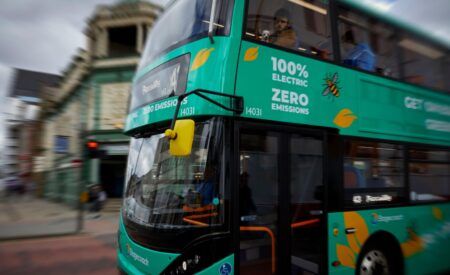AI-powered traffic sensors will be installed in the City of Port Phillip, Australia, this year to measure bike, pedestrian and motor vehicle movements, and to help the council reduce congestion and increase sustainable transport.
The sensors, which capture anonymous data on different modes of travel, have been installed by UK-based transport technology scale-up Vivacity Labs, which has partnered with the City of Port Phillip (CoPP) and Bicycle Network.
With a 23% projected increase in resident growth by 2027, the partnership will help promote active travel in the local area, particularly the use of bikes and e-scooters, with Vivacity’s technology supporting the council to make data-driven decisions and implement new schemes successfully. The AI-powered sensors will measure bike and pedestrian data in real time along CoPP-Integrated Transport Strategy routes, monitoring a variety of locations including footpaths, cycle lanes and roads.
By accruing this anonymous data, the city will be able to gain an understanding on how these road users interact on specific roads and junctions, as well as interactions with newer modes of travel such as e-scooters. This will enable the council to plan what physical changes, such as segregated lanes and size of footpaths, will work to both enhance active travel and improve traffic flow, and therefore also reduce conflict between transport modes and emissions.

As part of its ongoing Integrated Transport Strategy Project, CoPP is investing in transport data capture to evaluate and monitor progress toward mode shift targets. The authority is committed to supporting a well-connected transportation future, to make it easy for people to move around and connect with places in a way that suits them. The project will promote safe, connected and convenient active transport choices, ease congestion and provide new transport options for residents and visitors.
“Our partnership with Bicycle Network will go a long way in providing detailed and accurate transport data insights to help ensure the right decisions are being made to improve travel patterns in the City of Port Phillip,” says James Hill, international business development director at Vivacity Labs. “We’re extremely proud to be supporting the implementation of initiatives that encourage active travel, cycling safety and lower pollution levels to help maintain sustainable streets in Victoria, and across the globe.”
“These AI sensors have the power of a thousand people holding clipboards and pens,” says Glen Janetzki, general manager commercial at Bicycle Network. “It gives us real-time information along a full road, not just one site, helping us understand how all road users interact.”
Bicycle Network is a not-for-profit organisation and Australia’s biggest bike riding group. With one of the largest cycling memberships in the world, hosting 50,000 members nationwide, its mission is to get ‘more people cycling more often’. Its objective is to promote safe physical activity and sustainability to build healthy bike riding habits for people of all ages.
Vivacity’s sensors use AI and machine learning to capture anonymous traffic counts in real-time across a selected ‘count line’. These counts can show the interactions between pedestrians, cyclists and cars, for example, and provide insights on factors such as number, pathways and speed. The data is completely anonymized and presents no privacy or personal data risk.





